Sales, Distribution Marketing & Consignment


Members are often confused about which document to use in relation to the sale, distribution and marketing of goods and products. The following is a brief guide for reference:
Sale of Regular Products Agreements provides a contractual framework for continuous or regular supply of goods on a long-term basis. The Seller of the goods will supply the Buyer and the Buyer intends to use the goods for its own use or resell them under its own brand. This arrangement is therefore to be contrasted with that of a distributorship relationship. These are some of the key clauses to bear in mind:
The Sale and Purchase clause sets out the basic supply and purchase commitment of the parties. The sale and purchase obligations may be expressed in terms of a fixed (or variable) quantity of goods or at the other extreme, may consist of an exclusive purchase obligation, an exclusive supply obligation, or both.
Purchase Orders Clause is an important contractual point is whether purchase orders become binding commitments when placed by the Buyer - or only when accepted by the Seller.
Forecasting and Ordering Procedure - the parties should establish some administrative mechanisms to ensure the smooth running of the ordering process. The provisions set out in the draft can be adapted.
Delivery; Pricing; Payment clauses set out some specific terms and conditions which will govern the sale and supply of the products.
Any standard terms and conditions should be consistent with the express terms of the Agreement.
This is aimed at the situation where a Buyer and a Seller agree to develop and supply a Product to meet the Buyer's specific requirements. This arrangement is, therefore, to be contrasted with that of a basic Sale or Purchase Contract which assumes that the Buyer will be purchasing a standard or "off the shelf" type of product. These are some of the key clauses to bear in mind:
Licence and Intellectual Property - in arrangements for the supply of a customised product, an initial step may be the licence from one party to the other of a specific technology (often proprietary to the disclosing party) for the purpose of developing and/or manufacturing the Product in question. This concept is referred to in the draft as the licence of "Background Intellectual Property". It will be important to determine the terms of the licence. The Agreement should address what technology will be licensed, for how long and for what purpose. It will be important to clarify the parties' rights to the intellectual property rights (if any) which may result at the end of the project. The Form refers to this concept in terms of "Project Intellectual Property". Similarly, it will often be necessary to be clear as to the parties' respective rights to market and sell the finished product. Where the Buyer has funded the development of the Product, it is not unusual for him to seek to retain exclusive rights to market and sell the Product. This issue has not been specifically addressed in the Form but may often arise in the scope of a customised supply agreement.
Trials, Tests, Commissioning, Acceptance Tests - if the Buyer has commissioned the Seller to develop and supply a Product to meet specific requirements, it is very likely that the Buyer will seek to conduct acceptance tests to ensure that the Product satisfactorily meets the set requirements. Accordingly, there will be detailed provisions on how, when and where the Product will be initially accepted and/or finally accepted by the Buyer. The Acceptance Date may trigger several other obligations under the Agreement such as payment, final delivery of the Product and start of the warranty period. It is advisable to spell out carefully the procedure and consequences of the Acceptance Test.
The difference between a Distributor and an Agent is that the Distributor purchases products from the Principal for his own account. The Distributor takes title to the products purchased and then resells them to customers in the territory. The Distributor makes money from the margin between the prices at which he purchases the products and the price at which he sells them. Since the Distributor is an independent contractor, it assumes far more risk and the distributor can look to his Principal for far less indemnification than an Agent can. In return for the greater assumption of obligations and risk, the Distributor normally enjoys more freedom than an Agent in the way that it deals with the products in the territory and a higher rate of remuneration. These are some of the issues to consider:
Appointment and Term - one should check whether an exclusive or non-exclusive territory will be granted to the Distributor.
Purchase of Products - incorporates the Company's terms and conditions of sale, which should preferably be appended to the Agreement (not incorporated in Distributor’s form). Alternatively, the parties may wish to set out all of the specific terms and conditions which will govern their relationship under the Agreement.
Distributor's General Duties - sets out the Distributor's duties and should be checked as to what if any other duties one would wish to include.
Company's General Rights and Duties - one should check which rights and duties the Company will agree to.
Termination of this Agreement - it is important to review the terms on the applicability of the provisions in this clause.
The appointment of a Marketing Agent in a territory depends much on the particular terms of the particular relationship between Agent and Principal. This Agreement is therefore essentially a guide to the type of provisions that may be included. The Agent acts for the Principal as opposed to buying/selling as principal on his own account (Distributor) and charges a commission or agency fee for the service. The key issues to consider are:
Appointment of Agent - unless the Principal gives the Agent express authority on a case-to-case basis, the Agent is not authorised to enter into contracts that will be binding on the Principal. The Agent is only instructed to find Buyers for the Principal in the Territory and to supply market information about the Territory. The Principal agrees not to appoint any other Agents or distributors within the Territory, but the Principal is not prevented from making sales of the Products to Buyers in the Territory if it has found such Buyers themselves. In drafting an agreement, one should consider what (if any) commission should be paid to the Agent when the Principal has found its own Buyers. On the other hand, the Agent may not solicit orders for the Products from outside the Territory, as this may put the Principal in breach of its obligations to agents in other territories.
Agent's Duties - the Agent will not be authorised to enter into contracts in the Principal's name unless specifically authorised to do so on a case-by-case basis. Whenever such authorisation is given, the Principal should consider carefully the extent of the Agent's new role in the relevant transactions and should consider provisions for payment, delivery, and storage of goods, insurance and after-sales service where applicable.
Goodwill - goodwill attaching to the Products remains the property of the Principal, and the Agent is not to gain any rights in respect thereof. Under common law, the Agent currently has no rights to the goodwill attached to marketing the Products in the Territory, unless these are given by the contract.
Commission - sets out the circumstances in which the Agent may be paid commission and the basis for calculating that commission. The commission will be calculated as a percentage of the price of the Products (as such price is defined in the draft), but will not be payable until the Principal has received payment for the Products, and is only payable in proportion to the payment which the Principal actually receives from the Buyer. The mechanics for calculating and collecting the commission and the obligations of the Principal in this regard may vary from case to case. One should consider whether or not commission should be payable in respect of all Products sold in the Territory, or only those sold to Buyers found by or serviced by, the Agent.
Other Products - where the Agent already manufactures or distributes non-competing products in the Territory which the parties agree will not put the Agent in breach of its obligations under the Agreement. As the Products to be marketed form the basis of so many of the Agent's obligations and duties, it is advisable to include in a Schedule an exhaustive list of all the relevant Products to be marketed by the Agent, so that the parties are clear about these at the outset.
Duration and termination - the Agreement should continue for a fixed term of years or can continue indefinitely thereafter until terminated by either party in accordance with the relevant provisions. There are also rights for the Principal to terminate the contract in situations where, respectively, the Agent underperforms, or is taken over by a third party. In drafting an agreement, one should consider case by case whether these clauses should be retained.
This Consignment Agreement is suitable for Consigning arrangement for the Consignee to market, display and sell Goods on behalf of the Consignor in consideration of the Consignment Fee. The Consignee has outlets in the agreed territory and will market, display and sell Goods on behalf of the Consignor for the consideration of the Consignment Fee for the Consignment Period in the Territory. This is different from an agency arrangement as the agent will not usually bind the principal by selling the goods and receiving payments on behalf of the principal. The following are some key considerations:
Marketing and Display - marketing campaigns may include Email, Media and flyers. In addition, Consignee agrees to allocate floor and wall space for the Goods to be displayed at its Outlets.
Sale of the Goods - unlike an Agency arrangement, the Consignee can enter into contracts with the Customers which will be binding on the Consignor. The Consignee will receive payments on behalf of the Consignor.
Consignment Fees - sets out the circumstances in which the Consignee may be paid Consignment Fees and the basis for calculation. The Consignment Fees will be calculated as a percentage of the price of the Goods. The Consignee shall pay the Consignor within the number of Business Days of Sale and credit the Consignor’s designated accounts an amount equal to the Net Sales Price fewer Consignment Fees in the selected currency. No taxes or further fees shall be withheld by Consignee.
Duration and termination - provides that the Agreement should continue for a fixed Consignment Period and thereafter until terminated by either party in accordance with the relevant provisions.
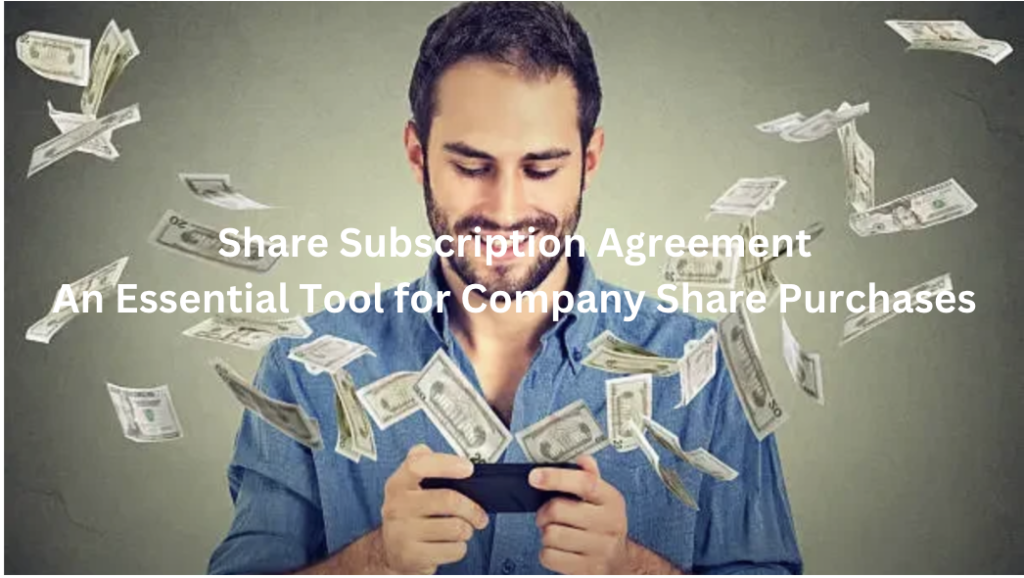
19 Feb 2024
3 min read
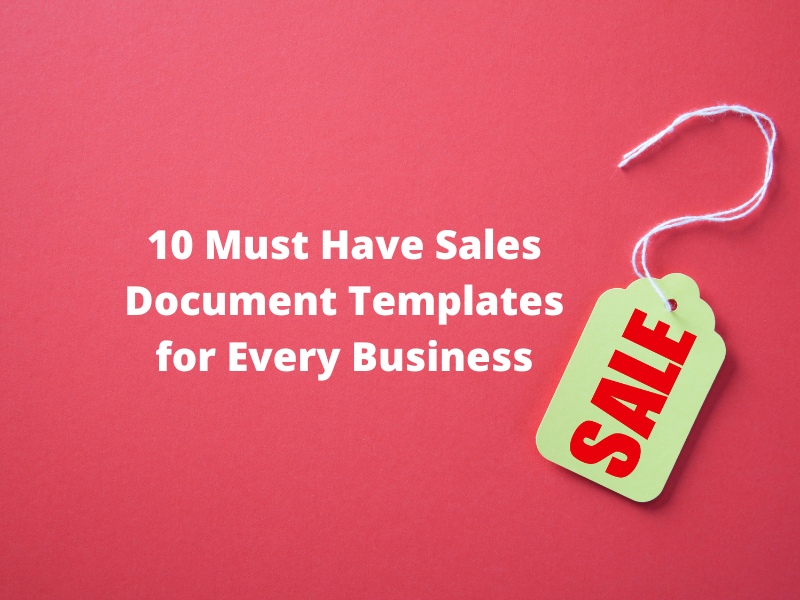
27 Jan 2023
5 min read
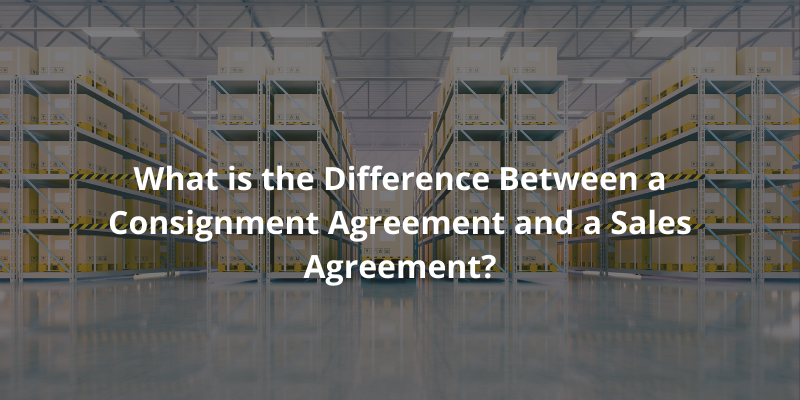
21 May 2021
5 min read

28 Sep 2020
8 min read
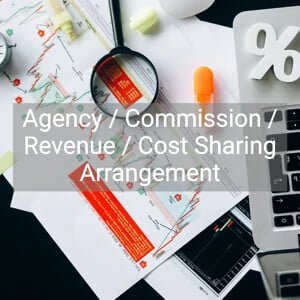
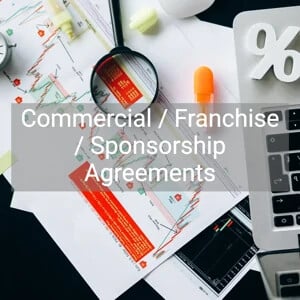
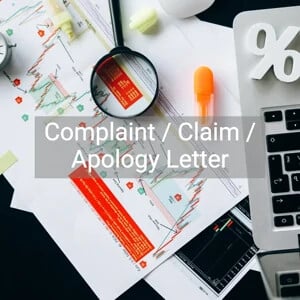
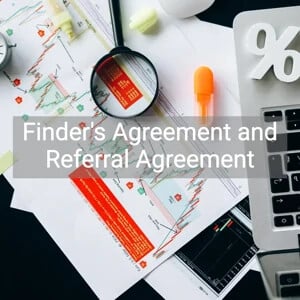

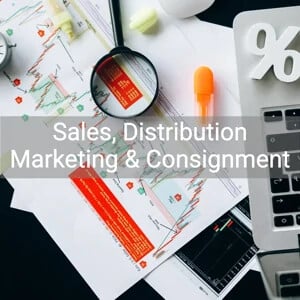
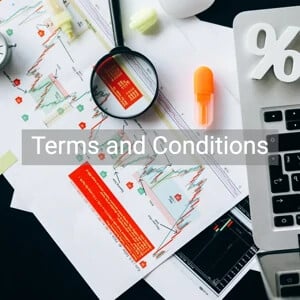
Not the right document?
Don’t worry, we have thousands of documents for you to choose from: